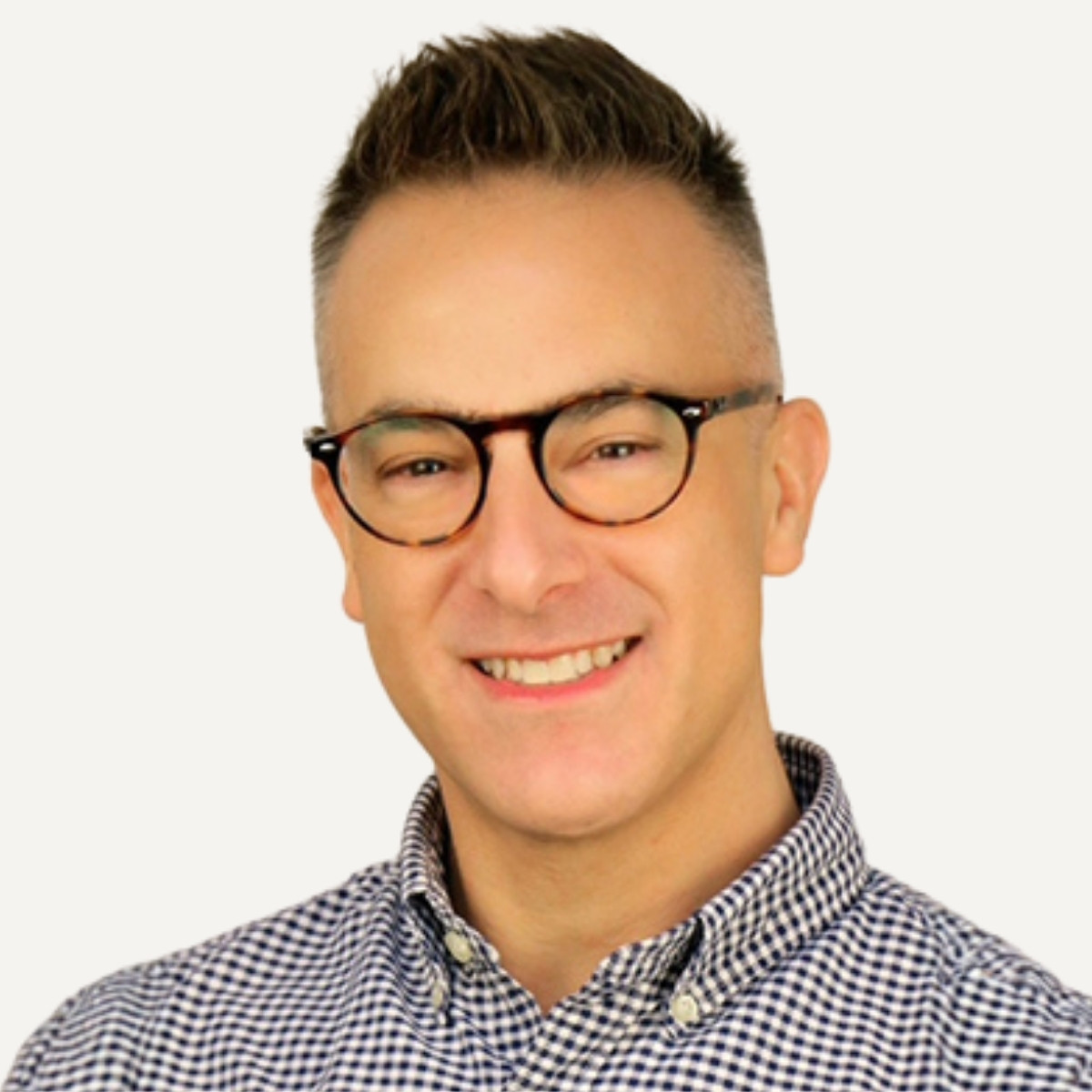
Paul DelGrosso, LCSW
Friday Dec 5th
THE ESTRANGEMENT “EPIDEMIC”: SCHEMA THERAPY AND THE CHALLENGES – AND OPPORTUNITIES – OF ESTRANGEMENT
Estrangement is one of the most complex and painful issues faced in therapy today. Recent research shows that more than one in four Americans report being estranged from a relative, a figure likely mirrored across other cultures. The emotional toll can be immense—feelings of grief, deprivation, and isolation—but for some, estrangement represents something different: a boundary that protects against further harm.
Through the lens of Schema Therapy, this presentation explores estrangement as both a potential wound and a form of healing. It examines the schemas and modes that drive cutoff and reconciliation, highlighting when repair may foster growth and when maintaining distance serves a healthy function.
Attendees will learn how to identify maladaptive versus protective forms of estrangement, conceptualize related schema and mode patterns, and guide clients toward either reconnection or adaptive limit setting. Integrating Schema Therapy with attachment-based family approaches, this session offers a nuanced map for helping clients navigate the tension between healing relationships and preserving self-protection.